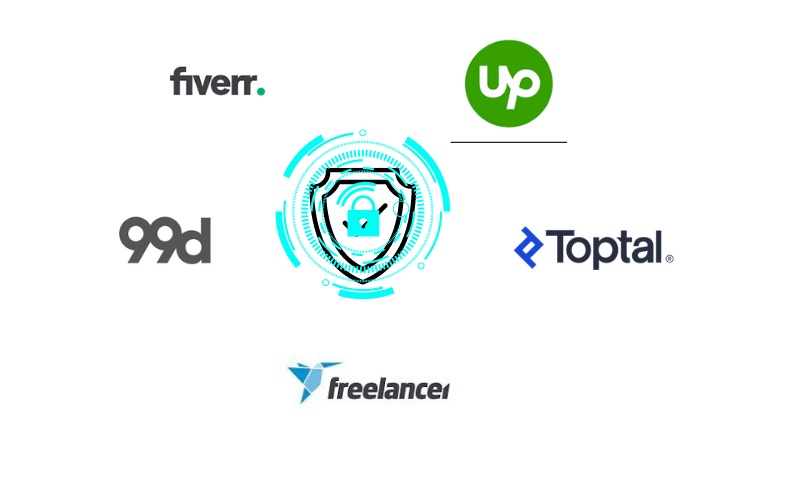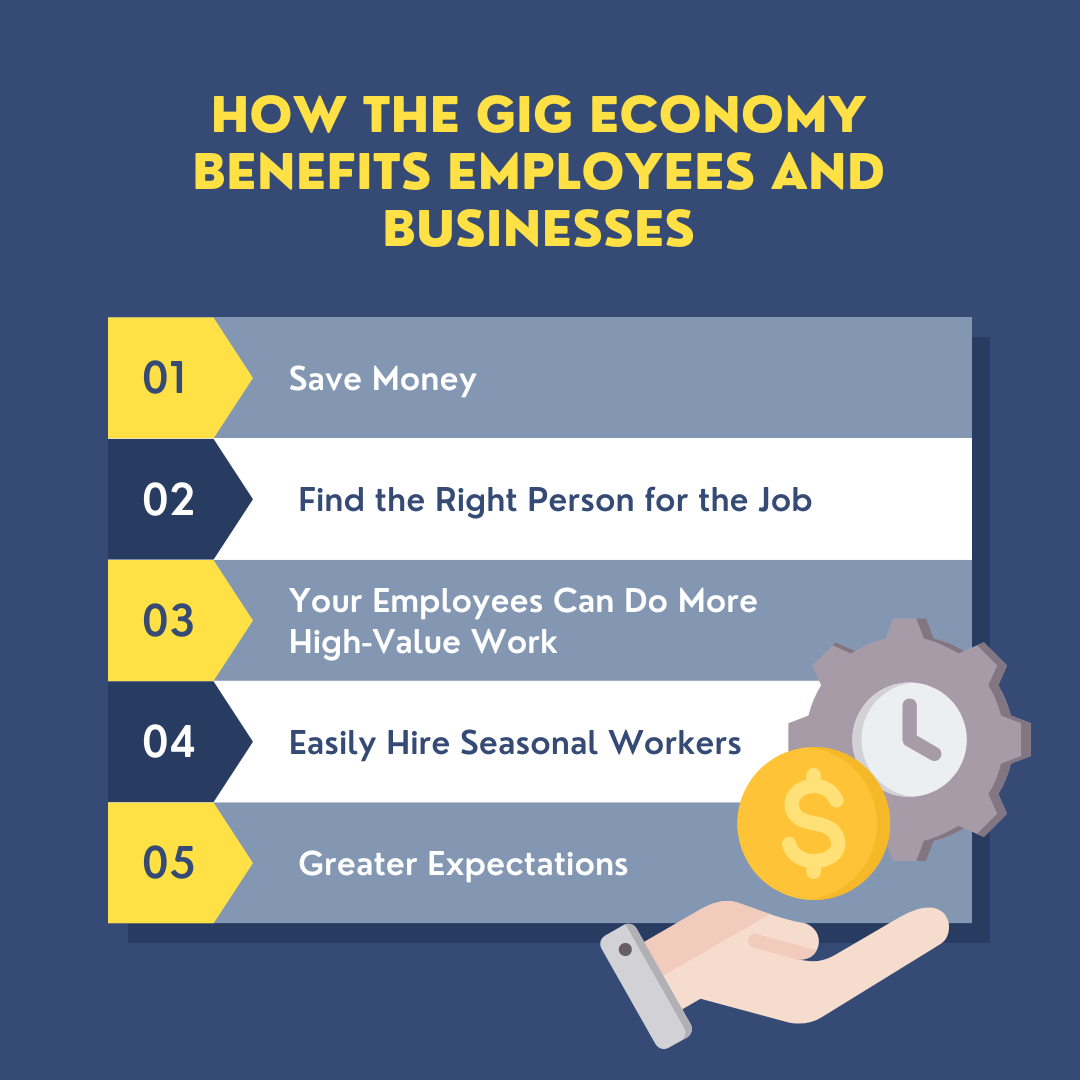Some links in this post are affiliate links. This means I may earn a commission if you click and purchase, at no additional cost to you.
For decades, the traditional 9-to-5 job has been the cornerstone of the American dream. However, a seismic shift is underway, fueled by technological advancements and evolving work preferences. Enter the gig economy, a dynamic landscape of short-term, project-based work transforming how individuals earn income and organizations access talent. While the gig economy’s rise isn’t entirely new, its exponential growth and nuanced impacts warrant closer examination.
Let’s break the mold and delve into the fascinating world of the gig economy, exploring lesser-known statistics and uncovering the diverse opportunities it presents.
1. The Numbers Speak Volumes in Gig Economy
Before diving in, let’s establish the magnitude of the gig economy. While widely discussed, some statistics might surprise you:
- 57.3 million individuals in the US freelanced in 2023, representing 35% of the total workforce – a significant jump from 10.7% in 2005. (Source: Upwork)
- 1 in 5 Americans participate in the gig economy, with millennials (43%) and Gen Z (42%) leading the charge. (Source: Edelman Intelligence)
- The global gig economy market is projected to reach a staggering $5.24 trillion by 2027, experiencing a growth rate of 17% per year. (Source: Mastercard)
These figures paint a clear picture: the gig economy isn’t just a trend; it’s a redefining force in the modern workforce.
2. Beyond the Obvious: Unveiling Untapped Potential:

While platforms like Fiverr and Upwork are household names, the gig economy encompasses a wider spectrum of opportunities than many realize. Here are some lesser-known avenues to explore:
- Microtasking platforms: Sites like Amazon Mechanical Turk and Clickworker offer small, quick tasks like data entry, transcription, and image tagging, allowing individuals to earn small amounts consistently.
- On-demand services: Platforms like TaskRabbit and Handy connect individuals with various service needs, from cleaning and handyman work to errands and deliveries.
- Remote work platforms: Sites like Flexjobs and Working Nomads cater specifically to remote work opportunities, facilitating connections between individuals and companies seeking talent across diverse industries.
- Content creation platforms: Platforms like Patreon and OnlyFans allow creators to generate recurring income directly from their audience through subscriptions, memberships, and exclusive content.
- The sharing economy: Platforms like Airbnb and Turo enable individuals to rent out their unused assets – spare rooms, cars, even equipment – to generate income.
These diverse avenues highlight the flexibility and variety inherent in the gig economy, catering to individuals with diverse skillsets and interests.
3. Beyond the Dollars: Unveiling the Unexpected Benefits:
While financial gain is often the primary motivator, the gig economy offers benefits beyond the paycheck:
- Flexibility and control: Individuals can choose their projects, set their schedules, and work from anywhere with an internet connection, fostering a work-life balance often unattainable in traditional jobs.
- Skill development and career exploration: The gig economy provides a low-risk environment to experiment, develop new skills, and test career paths before committing to a full-time role.
- Networking and community building: Platforms and online communities connect individuals with similar interests and expertise, fostering collaboration, knowledge sharing, and potential long-term professional connections.
- Location independence: The gig economy empowers individuals to pursue location independence, allowing them to travel, live abroad, or relocate without geographical restrictions on their income potential.
4. Addressing the Challenges: Building a Sustainable Gig Career:
Despite its advantages, the gig economy presents challenges that require careful consideration:
- Income instability: Gig work can be unpredictable, leading to fluctuating income streams. Financial planning and diversification are crucial to navigate these fluctuations.
- Lack of benefits: Traditional employee benefits like health insurance, paid time off, and retirement plans are often absent in the gig economy. Individuals need to be proactive in securing these benefits independently.
- Self-discipline and time management: Working independently demands strong self-discipline and time management skills to stay organized, meet deadlines, and maintain productivity.
- The “hustle culture” narrative: The gig economy can perpetuate a narrative of overwork and constant hustling. It’s essential to prioritize well-being, set boundaries, and avoid sacrificing personal health for income.



